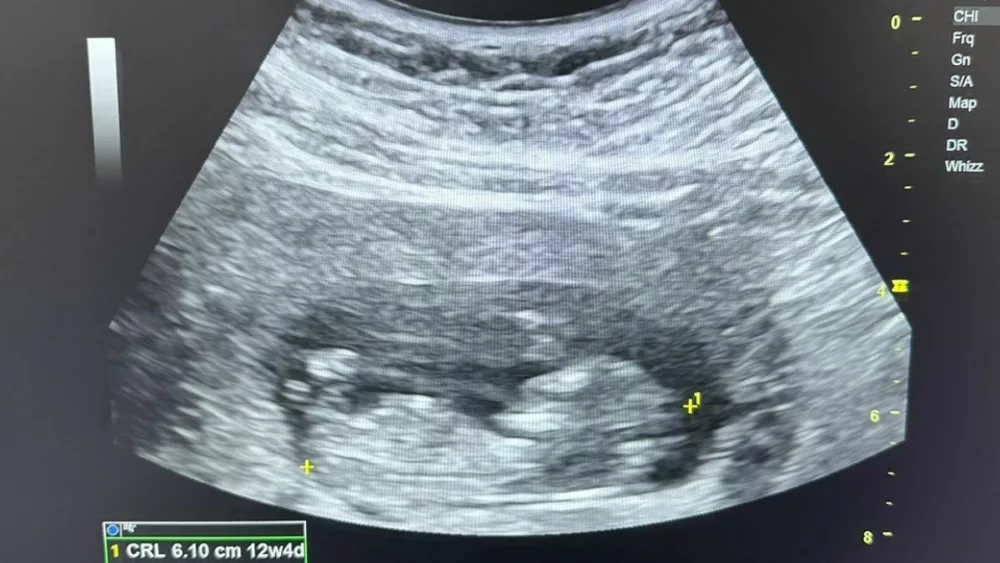When age isnt' a factor, a 47 year old patient's IVF success story
For Khun Siriporn, age is simply just a number. While she had been trying to conceive naturally for long period without success, a consultation and eventual detailed physical examination with Dr. Ton at long last explained the reason for her difficulties: an untreated growth in her uterus.
After undergoing a successful surgery to remove the benign tumor, plans were made to start an IVF/ICSI cycle with Dr. Ton as soon as she had recovered. One successful IVF cycle later resulted in multiple embryos reaching maturity, of which, all were sent for genetic chromosome testing.
Upon receiving a clean bill of health, the most promising embryo was implanted, resulting in a successful clinical pregnancy 14 days later (at the age of 47!).
On behalf of everyone here at Beyond IVF, we extend our most heartfelt congratulations to Khun Siriporn and her (growing) family!

Assisted Reproductive Technologies Utilized
ICSI (Intracytoplasmic Sperm Injection)
PGS-NGS (genetic screening for embryo chromosomal abnormalities)




